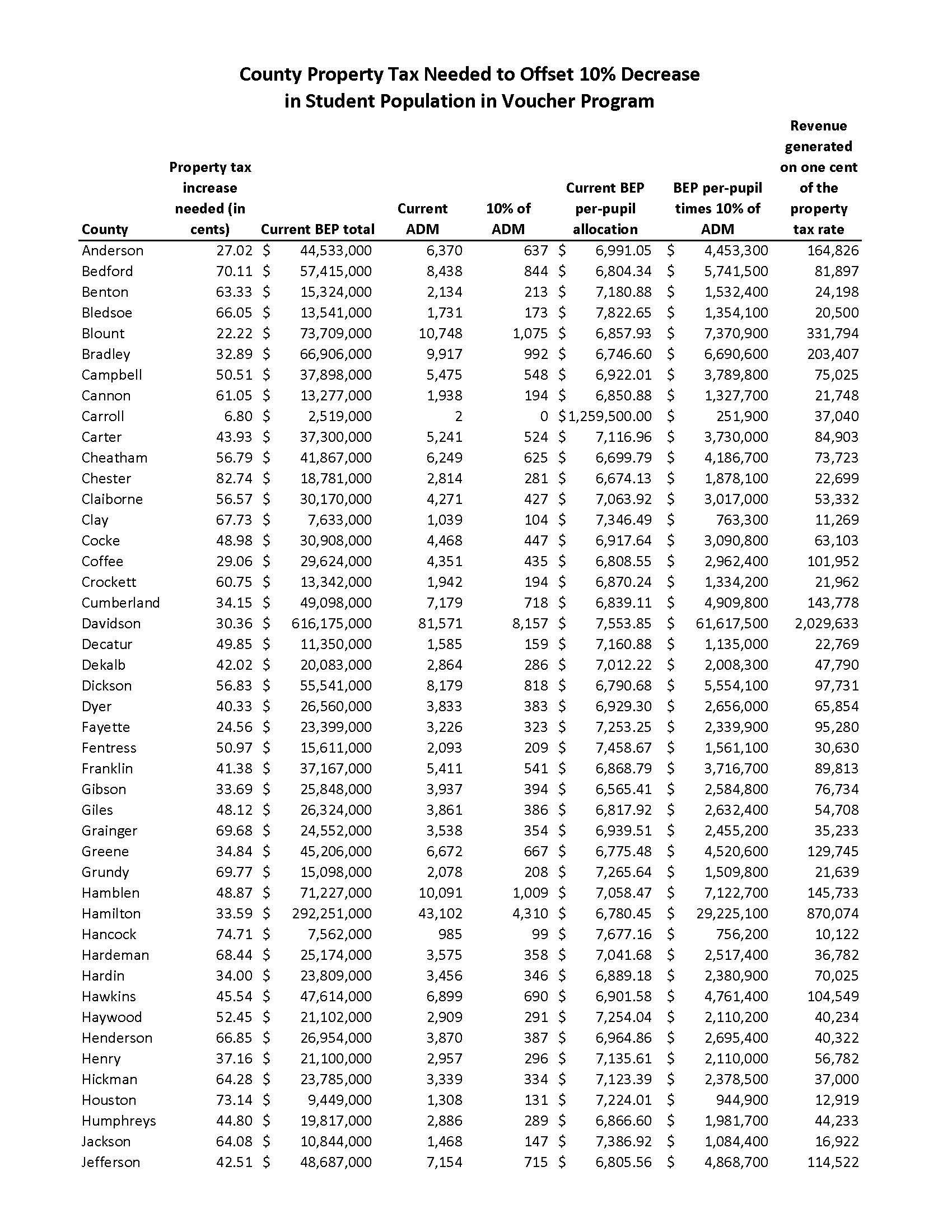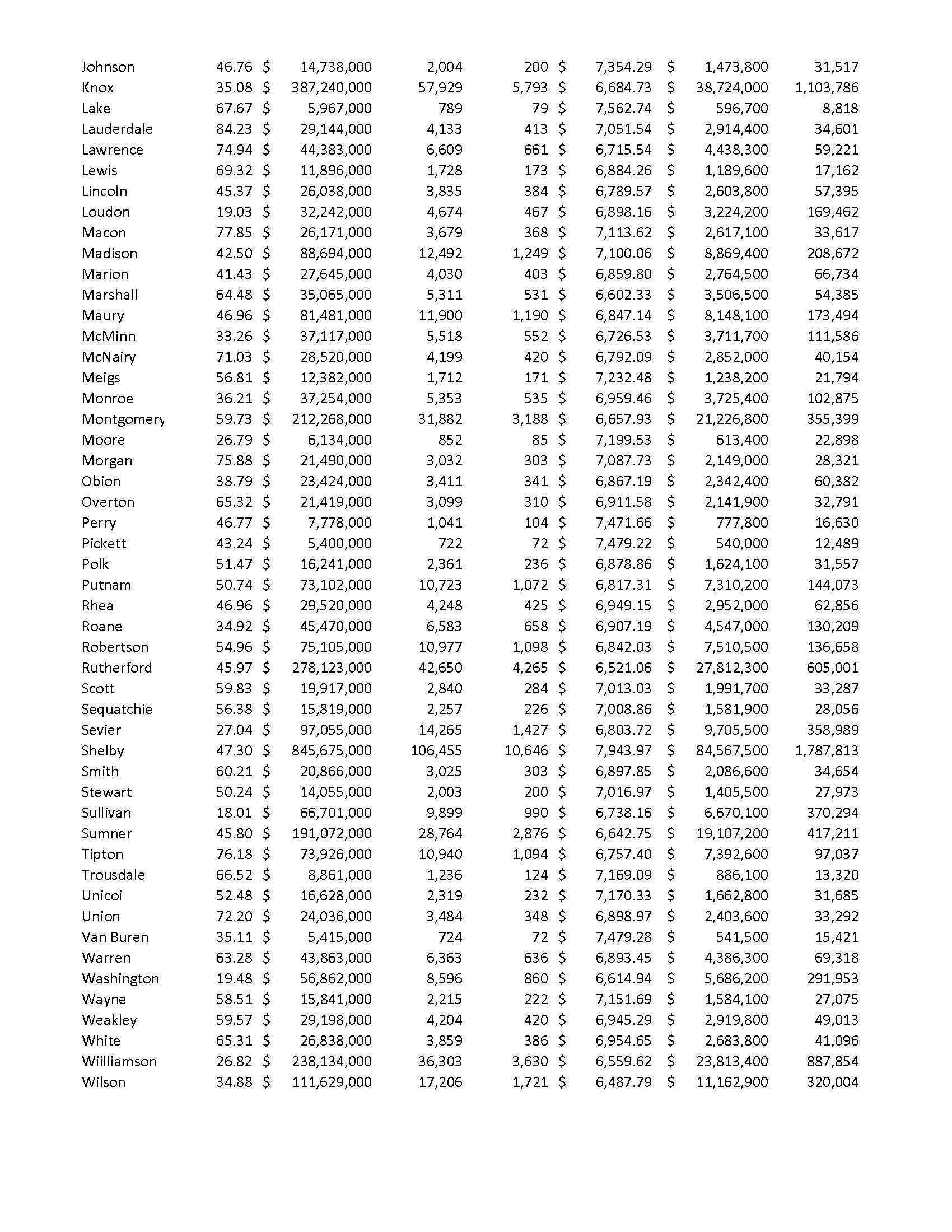Ok, gubernatorial candidate Bill Lee didn’t actually say he wants to raise your taxes, though the policy proposal he’s put forward would likely result in local property tax increases. He did, however, suggest silencing school boards by way of curbing their ability to be represented in public policy debate in Nashville.
Erik Schelzig of the Associated Press reports:
Republican gubernatorial candidate Bill Lee said he supports spending more public money on private school tuition around Tennessee, and that restrictions should be placed on lobbying by government entities that oppose school vouchers.
I wrote previously about how Lee has been a staunch advocate of using public money for private schools by way of vouchers. I also noted that the most recent evidence indicates he’s wrong when he asserts that vouchers will improve education outcomes for Tennessee students.
The proposal to silence local school boards because they oppose school vouchers is not a new one. In fact, legislation to that effect was previously proposed by Lee’s Williamson County neighbor, Jeremy Durham. Here’s more on that effort:
Joey Garrison has the story about some legislators who wish that local school boards didn’t hire lobbyists to represent their interests before the legislature.
To that end, they’ve filed legislation that would allow County Commissions to revise a School Board’s budget as it relates to lobbying expenses (HB 229/SB 2525).
Many school boards in the state are members of the Tennessee School Boards Association, which hires a lobbyist to represent the interests of school boards at the General Assembly. Additionally, some local boards hire contract firms and/or in-house government relations specialists to monitor state policy.
Of course, many County Commissioners are members of the Tennessee County Commissioners Organization, which employs a lobbyist to represent the interests of County Commissions at the General Assembly. And many local government bodies also contract for or hire government relations specialists.
The attempt at silencing voices opposed to school vouchers ultimately failed to advance. Lee’s embrace of the failed Durham proposal may be of note to school board and county commission members considering his campaign.
As it relates to taxes, Lee’s support for a broad voucher program would likely result in a tax increase of some form. I wrote last year about the cost of a “voucher school district” and noted that if a statewide proposal took hold, it would be rather costly:
Nearly 15,000 students who never attended public school suddenly receiving vouchers would mean a state cost of $98 million. That’s $98 million in new money. Of course, those funds would either be new money (which is not currently contemplated) or would take from the state’s BEP allocations in the districts where the students receive the vouchers.
Let’s look at Davidson County as an example. If three percent of the student population there took vouchers, and half of those were students who had never attended a public school, the loss to the district would be a minimum of $8.4 million.
Additionally, analysis by the County Commissioners Association (a group Lee would seem to want silenced as their positions don’t match his advocacy) shows that local property taxes would almost certainly go up as a result of a comprehensive statewide voucher program.
As TREE noted:
The property tax increases to offset vouchers seen on the spreadsheet is not something any county commissioner wants to pass on to property owners. Lauderdale County loses the most with an 84.23 cent increase per year. Davidson is looking at a 30.36 cent increase.
Even if you look at what’s happening in Indiana as an example, you’d see increases along the lines of 28 cents in Lauderdale County and around 10 cents in Davidson. Alternatively, Lee could look to state revenue to offset the increased costs of a voucher program.
So, in Bill Lee, Tennesseans have a candidate for Governor who has expressed unqualified support for a voucher program that has failed in Indiana, Ohio, and Louisiana and that will almost certainly increase state and local costs. Additionally, he wants to be sure local elected officials can’t bring a strong voice of opposition to this proposal.
For more on education politics and policy in Tennessee, follow @TNEdReport

